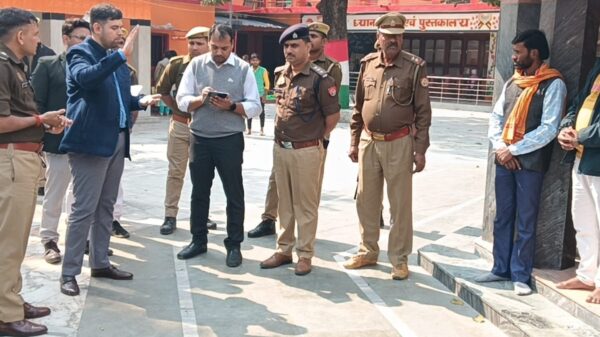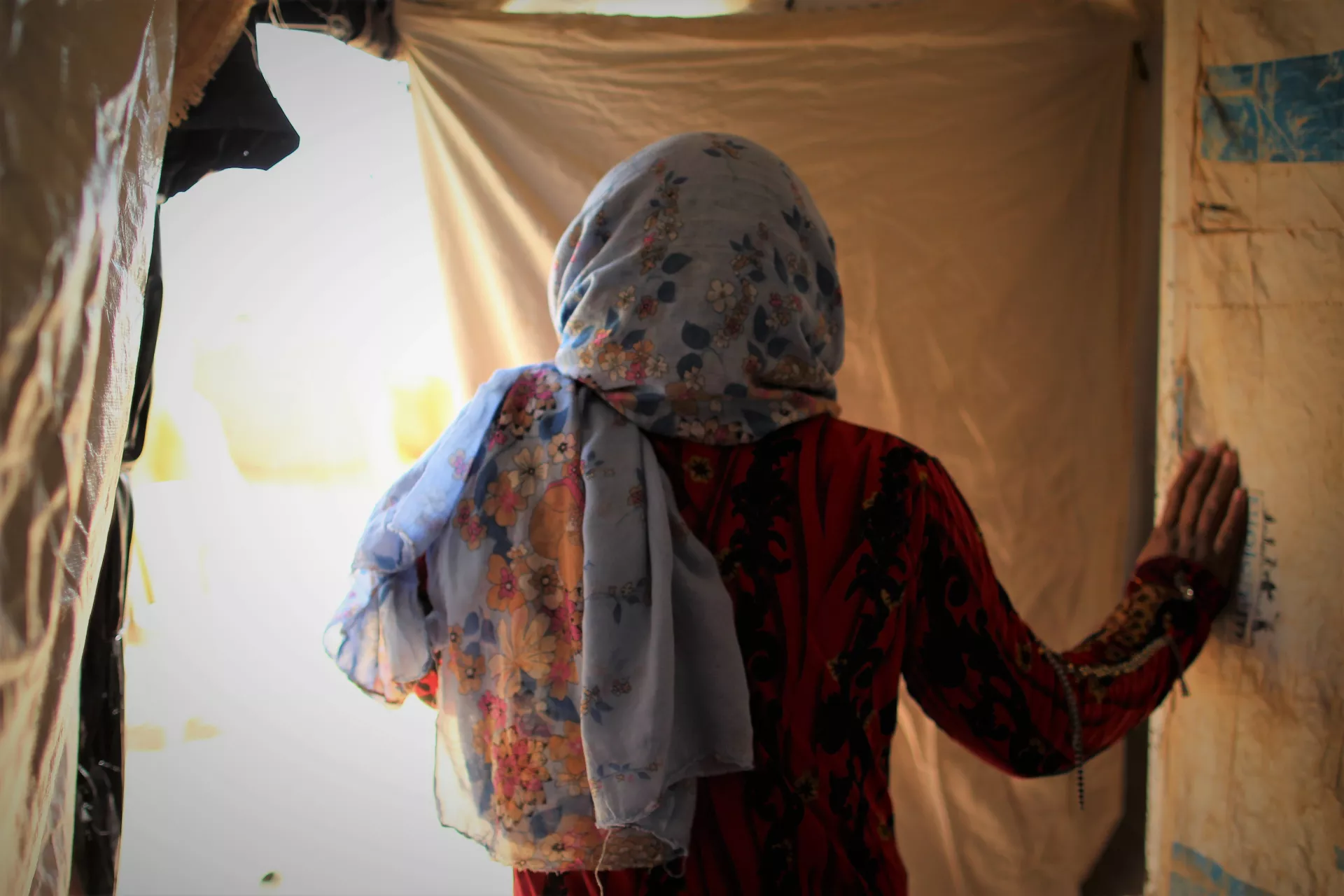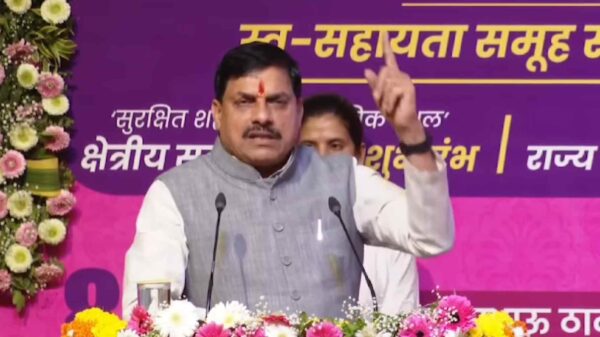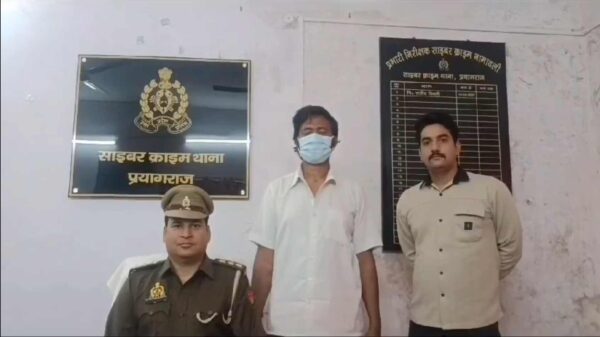Over 90% of women avoid seeking medical help for menstrual health issues due to the unavailability of female medical professionals, according to a report published by Sulabh Sanitation Mission Foundation (SSMF).
The report, Combating the Silence from Menarche to Menopause, launched in Mumbai on Friday, sheds light on the struggles faced by women, particularly those migrating for work in sugarcane fields, brick kilns, mines, and factories.
The study spans 14 districts across India, including Maharashtra’s Beed and Dharashiv, offering a grim picture of the socio-economic and medical challenges related to women’s menstruation health.
The study reveals troubling statistics: 89.9% of women in Beed consider period-related issues insignificant, and 70.4% in Dharashiv find healthcare inaccessible. The findings further underscore the issue of hysterectomies among migrant women workers, which often results from inadequate healthcare and poor awareness of biological health.
The report also highlights how inadequate menstrual hygiene management in schools perpetuates gender disparities. Many girls avoid using school restrooms due to unhygienic conditions, including a lack of water, soap, and doors. These poor facilities result in significant absenteeism, with some girls missing up to 60 days of school annually during their menstrual cycles. This disruption often leads to school dropouts, early marriages, and restricted participation in the workforce, creating a cyclical socio-economic impact.
“We need a holistic approach to managing menstrual hygiene. The barriers affect education, force dropouts, and ultimately restrict women from participating in the economy,” said Nirja Bhatnagar, National Director of Program and Advocacy at Sulabh International Social Service Organisation.
Dr. Neelam Gorhe, Deputy Chairperson of the Maharashtra Legislative Council and founder-president of Stree Aadhar Kendra, emphasized the need for systemic change. “Women’s health intersects with their reproductive rights and societal status. Whether it’s menstruation, fertility, or menopause, they face repeated disadvantages. This report is a clarion call for policymakers, grassroots organizations, and the public to eliminate these barriers,” she said.
The report calls for evidence-based interventions to strengthen existing policies and inform new ones. It also emphasizes addressing communication barriers, improving awareness of menstrual health, and tackling the stigma that prevents women from seeking timely healthcare.
The launch event brought together leading voices in health and social policy. Dr. Vibhuti Patel, an economist and former professor at TISS and SNDT Women’s University, stressed the need for a multidisciplinary approach to address menstrual hygiene issues. Prof. M. Sivakami, a professor at the School of Health Systems Studies (SHSS), TISS, highlighted the importance of integrating menstrual health education into broader health and social science curricula.
Other speakers included Vandana Georaikar, Deputy Collector at the Slum Rehabilitation Authority, and Kumar Dilip, President of Sulabh International Social Service Organisation, who reiterated the organization’s commitment to advancing menstrual hygiene.


































































